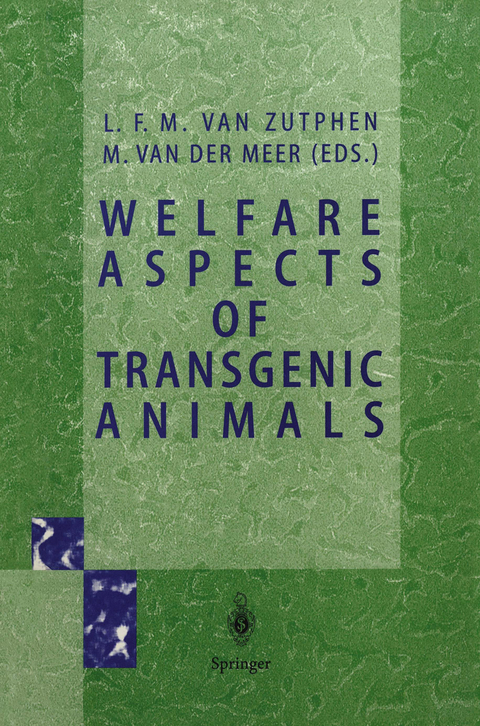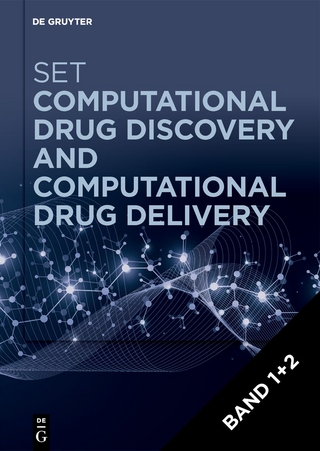
Welfare Aspects of Transgenic Animals
Proceedings EC-Workshop of October 30, 1995
Seiten
1997
Springer Berlin (Verlag)
978-3-540-61839-3 (ISBN)
Springer Berlin (Verlag)
978-3-540-61839-3 (ISBN)
v Preface The quality of animal models used in biomedical research has increased substantially since the first successful microinjection of foreign DNA frag ments into a mouse zygote in the early 1980s. New well-defined animal models, developed either by micro injection techniques or by homologous recombination in embryonic stem (ES) cells, have become widely available and several classical animal models have now been replaced by these transgenic models. Transgenic animals also fulfill increasingly important roles in other fields, like livestock production or in biopharming. The potential benefits of this technology are overwhelming. It is not surprising that many research groups have rushed to jump on this wagon of scientific progress. However, no matter how important these developments are, they can not relieve us of the moral obligations towards the animals. It is generally recognized that animal use is allowed only if the harmful effects are out weighed by the potential benefits of the experimental results. But what are the harmful effects? What is the impact of trans genesis on the well-being of animals? In order to gain more insight into this aspect of trans genesis the European Commission (DGXII) has funded a 12-month project with the aim of col lecting information on the production and use of transgenic animals in EU Member States and, more specifically, to obtain information as to what extent specific welfare problems may arise and whether or not studies are being performed on the incidence of welfare problems.
Scientific applications of transgenic mouse models.- of defined mutations into the mouse germline.- Growth hormone overproduction in transgenic mice: Phenotypic alterations and deduced animal models.- Prospectives of transgenic animals for the pharmaceutical industry.- Assessing the welfare of transgenic animals.- Production of transgenic animals: Practical problems and welfare aspects.- Use of transgenic animals and welfare implications.- Transgenic animals: the need for ethical dialogue.- Legislation on transgenic animals in Europe.- The Utrecht workshop on welfare aspects of transgenic animals: General discussion.- Annex: list of participants.
| Erscheint lt. Verlag | 20.3.1997 |
|---|---|
| Zusatzinfo | XII, 120 p. 4 illus. |
| Verlagsort | Berlin |
| Sprache | englisch |
| Maße | 155 x 235 mm |
| Gewicht | 215 g |
| Themenwelt | Medizin / Pharmazie ► Pharmazie |
| Veterinärmedizin | |
| Schlagworte | Animal model • ethics • Mutation • Nutztiere • Research • Transgene • transgenesis • transgenic techniques • Umweltethik • Veterinary Science |
| ISBN-10 | 3-540-61839-2 / 3540618392 |
| ISBN-13 | 978-3-540-61839-3 / 9783540618393 |
| Zustand | Neuware |
| Haben Sie eine Frage zum Produkt? |
Mehr entdecken
aus dem Bereich
aus dem Bereich
Pharmaceuticals, Diagnostics, Medical Devices
Buch | Hardcover (2023)
Wiley-VCH (Verlag)
CHF 138,60
lernfeldorientiert und fächerübergreifend 2. Schuljahr
Buch (2024)
Deutscher Apotheker Verlag
CHF 41,70
Buch | Hardcover (2024)
De Gruyter (Verlag)
CHF 349,90


